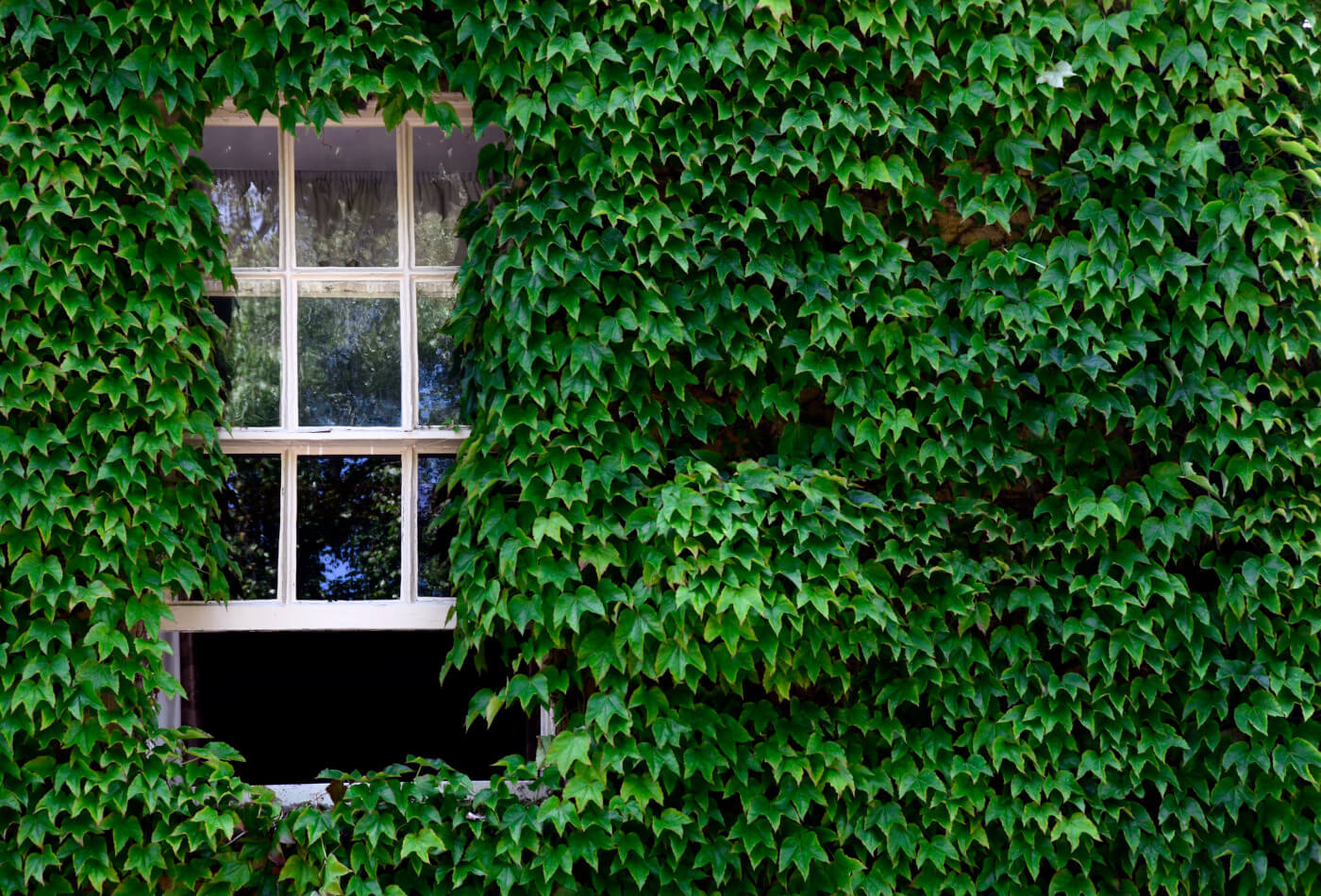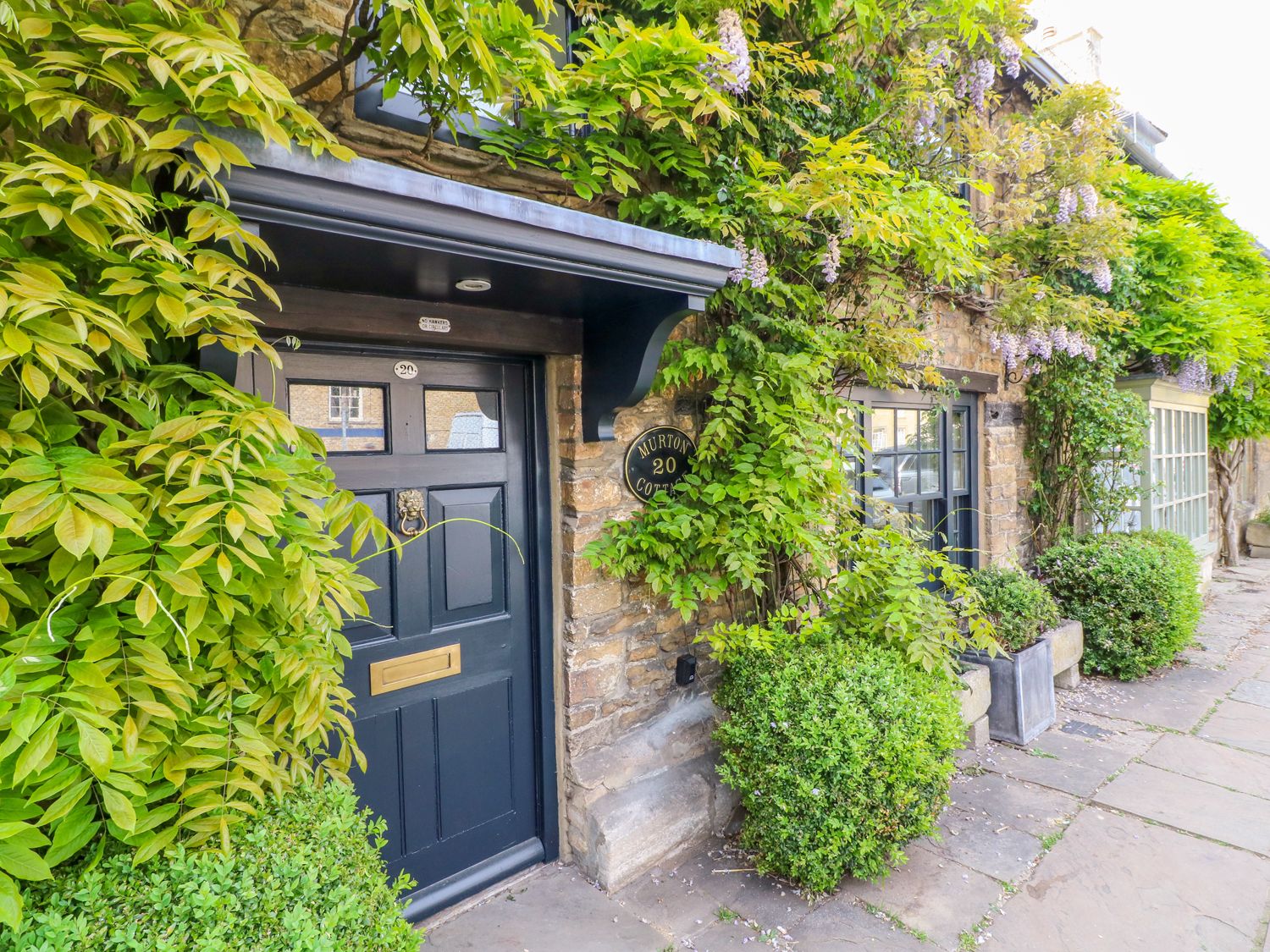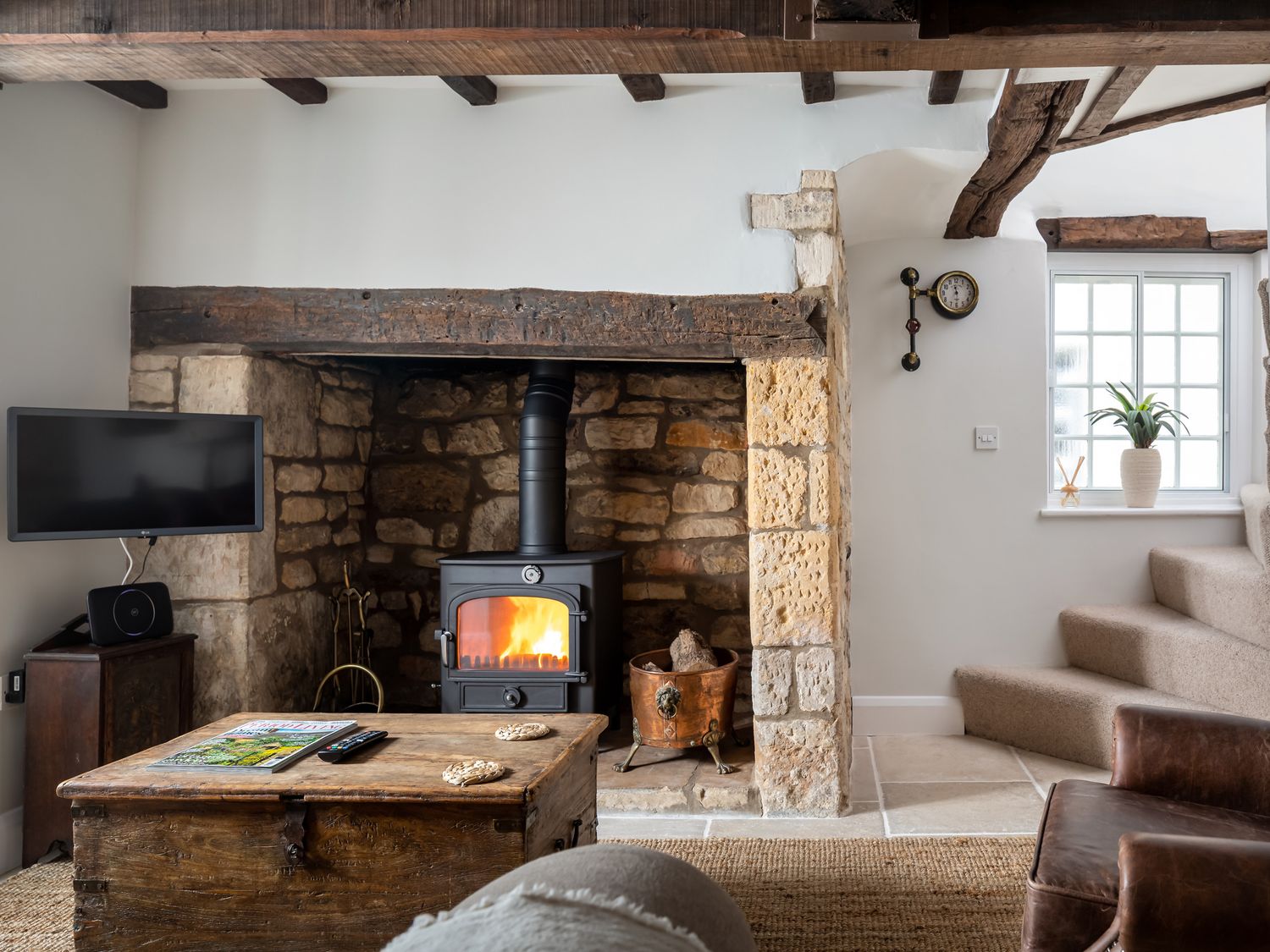Holiday Letting Trends for the Cotswolds in 2025
If you’re looking to holiday let your property, you need to know these holiday letting trends for the Cotswolds....

There are lots of things to consider before buying a holiday let in the Cotswolds. Buying a rental holiday property is most likely one of, if not the biggest investment purchases of your life. You need to know that you’ve thought of everything before you sign on the dotted line.
Read the Manor Cottages buying a holiday let guide to make sure you’re making a sensible investment.

Use the quick links below to find the topic quickly or read on for our full guide.
Consider Mortgage Options
Choose the Location Wisely
Consider your Occupancy
The more Toilets, the merrier
Do your Property homework
Stay in the Loop for New Properties
Don’t Impulse Buy
How Far Away is everything?
How Accessible is the Property?
Gardens are Golden
Plan for the Future
Wi-Fi is a Must
Keeping Cosy in the Winter
Check the Legal Fine Print
Developments in the Area
Visit the Property more than Once
Do your Research
Shop around for Insurance
Budget Wisely
Don’t overpay
How often will you Stay at the Property?
Check out the Competition
Consult the Experts for Income Forecasts
Know what you’re Buying
Ensure you’ve got the Time
Who will service your Property?
If you need a mortgage for your holiday property, you will need a buy-to-let mortgage. Although this market is not as varied as it once was, there are still buy-to-let mortgages to be had, it is simply a question of researching exactly which one will work well with your financial situation.
Start by consulting your estate agent and your bank or building society, they will know the ins and outs.
Assuming you’re buying a holiday cottage to maximise the rental income, the best piece of advice to take on board when you’re choosing which property to buy, is ‘don’t let your heart rule your head’.
Don’t buy where you would like to live or where you may have fond childhood memories, buy where your professional holiday property specialist tells you that a property is going to perform most favourably as a long-term investment.
Maximising occupancy levels is something else to take into account from very early on. Understand the market, consider how you can attract different kinds of bookings.
Do you want small families, large groups or couples? The best thing you can do is buy a house with flexible accommodation, one that works well with most or all group sizes.
If you’re looking at properties for more than 2-4 people, opt for ones with several bathrooms, if possible one where each bedroom have their own en-suite bathroom.
Use Zoopla or similar sites to research sold prices in various areas for similar properties, find out if houses often reduce before they sell and how long they stay on the market for. You can use this knowledge in a negotiation when you’re buying a property.
Using Rightmove, you can set up property alerts so you are notified as soon as a property comes on the market in the areas with the specifications you require.
Don’t fall head over heels in love with any property. Buying a holiday property is not for love, it’s for money, so don’t let yourself get into a situation where you feel you need to act fast to “bag the perfect property”.
Before you do anything else, make sure you obtain an independent valuation and property survey on the property you’re interested in, as this will identify potential problems like subsidence, damp and any structural issues, and seek expert legal advice.
Any findings may just show you the perfect property is not perfect after all, or it could give you room to haggle on the price.
Make sure the property you buy for a holiday let is close to amenities. Is there parking? Is it in walking distance to shops, pubs, restaurants, walks and tourist attractions?
These things matter to holiday makers and can be deal breakers in a booking situation.
Is the holiday cottage easy to reach by car? In the Cotswolds this matters hugely as most people visiting will do so in a car.
Also, gridlocked roads in the height of summer could make getting to and from the property an unpleasant start to the holiday, so finding out about peak times is a good idea.
When people go on holiday, they like outside spaces. A holiday property with a large fenced in terrace or a garden is a major draw for all types of holidaymakers.
And on the subject of outside spaces, consider outside “toys”. The property you’re looking at may not have a hot tub or an area for outdoor games, but if you think about this in the selection phase, you can always add these later.
You really must be able to add a good Wi-Fi connection to your holiday cottage, Wi-Fi is the most requested feature in an online holiday cottage search, and if you haven’t got it, your property may not even be considered when someone is looking to book.
In the UK, winters are cold, so you need to make sure any cottage you’re looking either has an effective heating solution or that it is possible to add one.
Wood burners and fireplaces are a great draw, they create a cosy atmosphere and are highly appealing for holidays and breaks booked from October to April.
Are you legally allowed to use the property as a holiday cottage? You need to make absolutely sure that you are before you go ahead with the purchase of a rental property.
It’s a great idea to consult the local planning office to find out if there are any planned developments due in the area? Building work, a new major road or a housing estate could have a negative effect.
A brand new golf course or new walking or cycling routes could have a positive effect. It’s worth knowing.
Go back to the area at different times of the day, week, even year. This will give you an idea of what the area is like – is it noisy at times, deserted, very busy?
Visit the local pubs, restaurants and attractions; try to experience the area as a potential guest would.
Always get a three or four insurance quotes before you purchase a property. This way you will find out if insurance cover is possible and you will be able to take the amount into account when you do your sums.
Do your sums and take everything into account; including insurance, furnishings, cleaning, maintenance, taxes, electricity, water, mortgage repayments and servicing fees etc.
You may not be on the road to a healthy profit in year 1 or 2, but if you do a 5-year budget, you will be able to see if the property is a winner in the long term.
If the property has been used a holiday property before, the seller may be adding a premium to the purchase price. Be sure you ask for proof of any previous rental income so you don’t end up overpaying.
Consider how much you will be using the property yourself and how much rental income will you lose when you do.
Do a search for similar properties in the area you’re considering. This will give you a very view at your competitors’ prices and occupancy rates.
Speak to a professional holiday cottage business with experience in renting properties like the one you’re thinking of buying. They will give you an idea of the rental income you can realistically expect.
It’s worth noting here that you shouldn’t rely on projected figures from the seller of the property.
Ask yourself why you are buying a holiday home. Is it for the rental income? For capital growth? Is it a lifestyle investment for your to enjoy holidays with your own family and friends? Or a mixture? It is important to have the answer to this question before you buy.
Have you got the time? It takes hard work and a lot of time to make a success of a holiday rental cottage. There’s much to consider such as marketing, managing and cleaning if you choose to manage the property yourself.
Unless you live close to your holiday property, you need to know that you have someone in place who can look after the property when you can’t. It is a good idea to hire a good holiday cottage agency such as ourselves at Manor Cottages, so you know that your investment is always looked after.

Discover how a local brand with national reach can work for you. With over 25 years of letting experience, we pride ourselves on delivering the bookings you deserve.